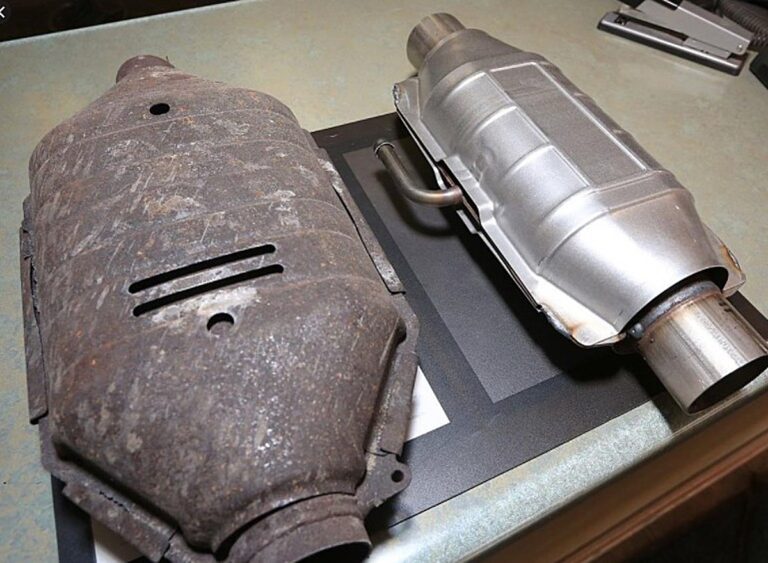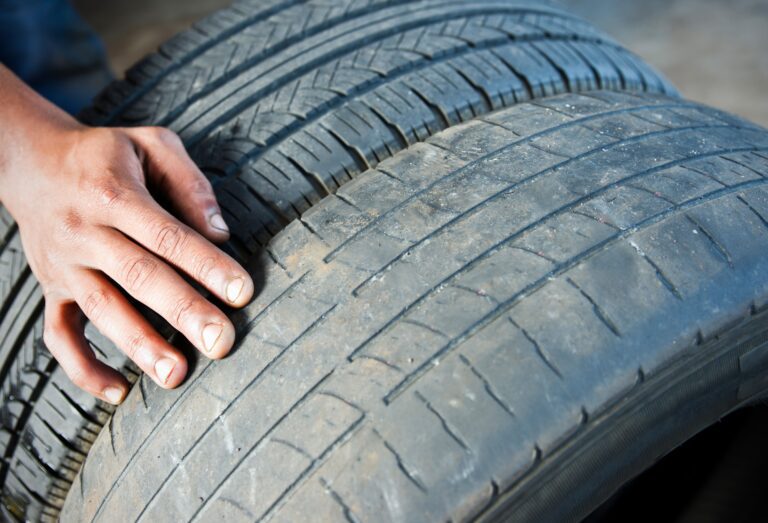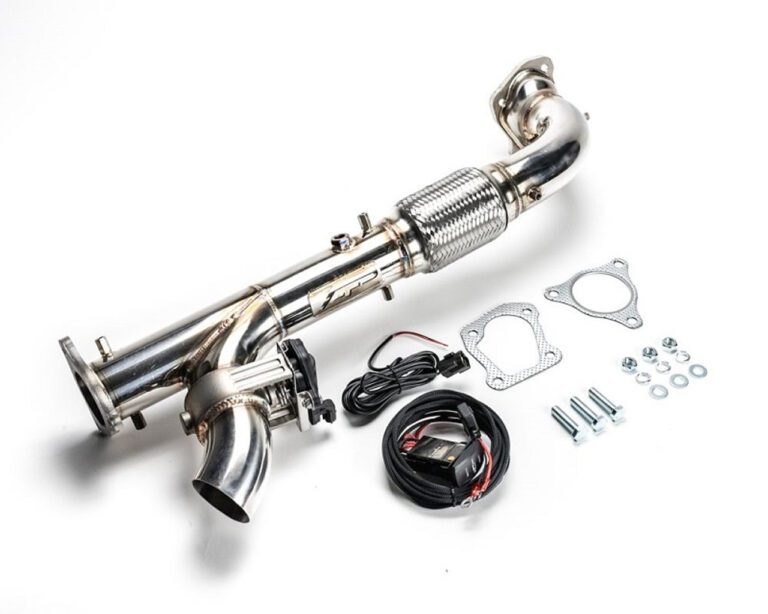Car Sounds When Accelerating: Unveiling the Mysteries of Engine Rumbles
Car sounds when accelerating can indicate a problem with the engine, such as a worn-out belt or a faulty transmission. It is important to address these issues promptly to prevent further damage and ensure safe driving.

Credit: issuu.com
Understanding Car Engine Sounds
Car engine sounds can sometimes be a cause for concern, especially when accelerating. It’s important to understand the different engine sounds to differentiate between normal and abnormal noises. These sounds can indicate potential engine problems that need to be addressed. Paying attention to the engine sounds can help identify issues early on, preventing further damage and costly repairs in the long run. There are several signs that may indicate engine problems, such as knocking, grinding, or hissing noises. Being able to identify these sounds and understanding their implications is crucial for maintaining the health and performance of your car’s engine. Regular engine maintenance, including oil changes and tune-ups, can also help minimize engine noise and prolong the lifespan of your vehicle. So, if you notice any unusual sounds when accelerating, it’s best to consult a professional mechanic to diagnose and address the issue promptly.
Common Engine Noises During Acceleration
htmlThumping and knocking sounds during acceleration are often an indication of engine problems. These noises can be caused by worn-out engine components, such as damaged pistons or connecting rods. It is crucial to address these issues promptly to prevent further damage to the engine. If you hear thumping or knocking sounds, it is recommended to have your vehicle inspected by a professional mechanic.
Squealing or screeching sounds while accelerating can be caused by a variety of factors. One common reason is worn-out drive belts or a faulty serpentine belt. These belts play a crucial role in powering various engine components, and if they are damaged or loose, they can create these high-pitched noises. Additionally, a malfunctioning pulley or tensioner can also be the cause. It is essential to have these components checked and replaced if necessary to maintain the optimal performance of your vehicle.
Rumbling and vibrating sounds during acceleration can indicate issues with the exhaust system or muffler. These sounds are often accompanied by a noticeable vibration in the car. Common causes include a damaged or loose exhaust pipe, a worn-out muffler, or broken hangers. Ignoring these symptoms can lead to increased noise levels and potential damage to other components. To resolve this issue, it is advisable to visit an automotive technician or an exhaust specialist for a thorough inspection.
Whining or grinding sounds when accelerating can be a sign of problems with the transmission or differential. These sounds may indicate low transmission fluid levels, worn-out gears, or a faulty clutch. Prompt attention to these noises is crucial to avoid major transmission issues and potential costly repairs. If you notice whining or grinding sounds, it is recommended to take your vehicle to a qualified mechanic for proper diagnosis and repair.
Diagnosing The Source Of Engine Rumbles
When your car starts making unusual sounds during acceleration, it’s important to identify the source of the problem to prevent further damage. One possible cause could be an issue with the exhaust system. Check for any leaks, cracks, or holes in the exhaust pipes and muffler. Repair or replace any damaged components to restore optimal performance and reduce noise.
Another potential culprit could be worn or damaged engine mounts. Inspect the mounts for signs of wear, such as excessive movement or cracks. If you notice any issues, consider replacing them to eliminate vibrations and stabilize the engine.
The transmission system could also be behind the rumbling noises. Ensure that the transmission fluid is at the correct level and is clean. If there are any leaks or the fluid is dirty, have it serviced or replaced by a professional.
Lastly, faulty fuel injectors can cause rough engine operation and sound disturbances. Have the injectors inspected and cleaned to ensure proper fuel delivery and minimize noise.
| Issues to Check | Potential Solutions |
|---|---|
| Exhaust system | Repair or replace damaged components |
| Engine mounts | Replace worn or damaged mounts |
| Transmission system | Service or replace fluid, fix leaks if necessary |
| Fuel injectors | Inspect and clean injectors for proper fuel delivery |
Causes And Solutions For Engine Rumbles
Engine rumbling sounds when accelerating can be caused by various factors. One possible culprit is loose or damaged belts. When belts become worn or loose, they can produce a rattling or squealing noise. Regular inspection and timely replacement of belts can help resolve this issue.
Another potential cause is low or contaminated engine oil. Inadequate lubrication can lead to increased friction and noisy engine operation. Changing the oil regularly and using high-quality oil can prevent engine rumbling.
Faulty ignition system components can also contribute to engine rumbling. Malfunctioning spark plugs or ignition coils can cause misfires and result in loud noises. Replacing these components as recommended by the manufacturer can help eliminate the problem.
Issues with the fuel system can also lead to engine rumbling. Clogged fuel filters or a malfunctioning fuel pump can disrupt the fuel flow and cause engine vibrations. Regular fuel system maintenance and cleaning can prevent this issue.
Preventive Maintenance Tips To Reduce Engine Rumbles
Regularly changing engine oil and filter is essential to prevent engine rumbles. Engine oil acts as a lubricant, reducing friction between moving parts and preventing them from grinding against each other. Over time, oil picks up contaminants and loses its viscosity, impairing its ability to lubricate the engine properly. By changing the oil and filter at recommended intervals, you ensure that the engine is well lubricated and running smoothly.
Ensuring proper lubrication of engine components not only reduces engine rumbles but also extends the engine’s lifespan. It is important to use the correct type and grade of oil as recommended by the manufacturer.
Maintaining a clean fuel system is another preventive maintenance tip. Over time, dirt and debris can accumulate in the fuel system, clogging fuel filters and injectors. This can disrupt the fuel flow and lead to engine rumbles. Regularly cleaning the fuel system and using high-quality fuel can help prevent this issue.
Timely servicing of the ignition system is crucial for smooth acceleration and to reduce engine rumbles. Faulty spark plugs or ignition coils can cause misfiring, which results in engine rumbles. Regularly inspecting and replacing worn-out ignition components can help maintain optimum engine performance.
Professional Help: When To Visit A Mechanic
Car Sounds When Accelerating: Professional Help: When to Visit a Mechanic
Identifying severe engine problems
- Unusual sounds coming from your car when accelerating can be a sign of severe engine problems. These sounds can include knocking, rattling, squealing, or grinding noises.
- If you are experiencing these sounds, it is important to seek professional assistance as soon as possible to diagnose and fix the issue. Self-diagnosis is challenging and may lead to further damage to your vehicle.
- Visiting a qualified mechanic has several benefits, such as:
| Expertise | A mechanic has the necessary knowledge and experience to accurately identify and repair engine problems. |
| Equipment | They have access to specialized tools and diagnostic equipment to efficiently diagnose the issue. |
| Peace of mind | By seeking professional help, you can have peace of mind knowing that your car is in good hands and will be properly repaired. |
| Prevention of further damage | Addressing engine problems promptly can prevent more severe damage to your vehicle and potentially save you money in the long run. |
Frequently Asked Questions For Car Sounds When Accelerating
Why Does My Car Sound Like A Racecar When I Accelerate?
Your car may sound like a racecar when you accelerate due to a few reasons, such as modifications to the exhaust system, a faulty muffler, or a high-performance engine. These factors can lead to a louder and more aggressive engine sound.
Why Do I Hear A Whooshing Sound When I Accelerate?
The whooshing sound when you accelerate is often caused by air rushing past your vehicle as it moves faster. This is a normal sound and typically indicates proper airflow. It’s best to have your vehicle regularly maintained to ensure everything is functioning correctly.
Why Does My Car Sound Like A Lawn Mower When Accelerating?
Your car may sound like a lawn mower when accelerating due to an issue with the exhaust system, such as a damaged muffler or a hole in the exhaust pipe. This can cause a loud or rumbling noise resembling a lawn mower.
It is important to have a mechanic diagnose and fix the problem to ensure proper functioning of your vehicle.
Why Is My Car Making A Loud Noise When I Accelerate?
When your car makes a loud noise during acceleration, it could indicate a problem with the exhaust system, such as a leak or a damaged muffler. It’s important to have it checked by a mechanic to diagnose and fix the issue promptly.
Ignoring it can lead to further damage and costly repairs.
Conclusion
To conclude, it is crucial to pay attention to the sounds your car makes when accelerating. Ignoring unusual noises can lead to potential issues and costly repairs. By identifying the source of the sound and addressing it promptly, you can ensure the safety and longevity of your vehicle.
Remember, regular maintenance and inspections can prevent these problems from occurring in the first place. Drive safely and maintain your car for a smooth and enjoyable ride.






